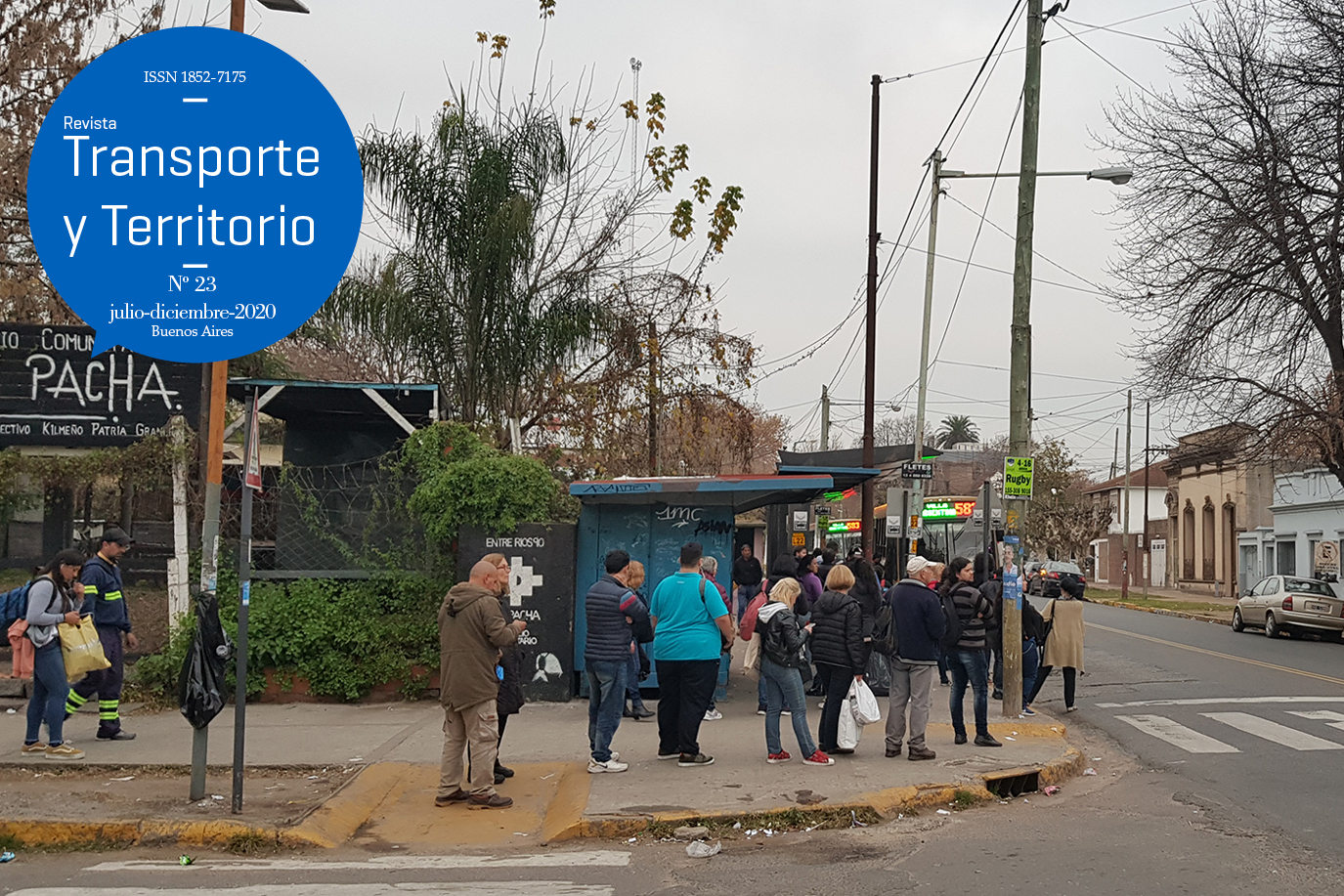Transport and energy. Genesis, apogee and decline of the argentine power grid in the 20th century
Keywords:
electric system, electric network, energy
Abstract
Electrical systems, from their birth, have become essential components for the functioning of modern society. From its three segments: generation, transmission and distribution, the largest infrastructures have been erected, which implied a strong cohesion with space, its resources and forms of regulation. In this sense, the trajectories of the systems in the different countries have been divergent, outlining disparate ways of organizing the sector and contributing to political projects. This work analyzes the evolution of the Argentine electricity system in the 20th century, with special emphasis on the evolution of the electricity grid, since it puts the problems of the transport-energy-territory relationship in the foreground. It is about observing how the technical and political-economic configuration of the network has conditioned the way of operating the system as a whole, of conceiving energy and deploying infrastructure in the territory. To do this, we segment the analysis into three historical periods, which cross-sectionally address the spatial, political, economic and institutional aspects of the sector. In this way, we distinguish progress and limitations that refer us to the unquestionable preponderance of the State in the management of these strategic assets.Downloads
Published
2020-11-30
How to Cite
Kazimierski, M. A. (2020). Transport and energy. Genesis, apogee and decline of the argentine power grid in the 20th century. Revista Transporte Y Territorio, (23), 320-340. https://doi.org/10.34096/rtt.i23.9668
Section
Artículos

1.jpg)

3.png)























